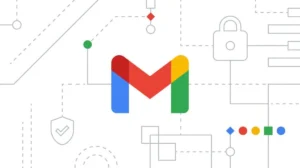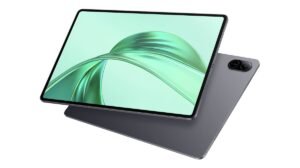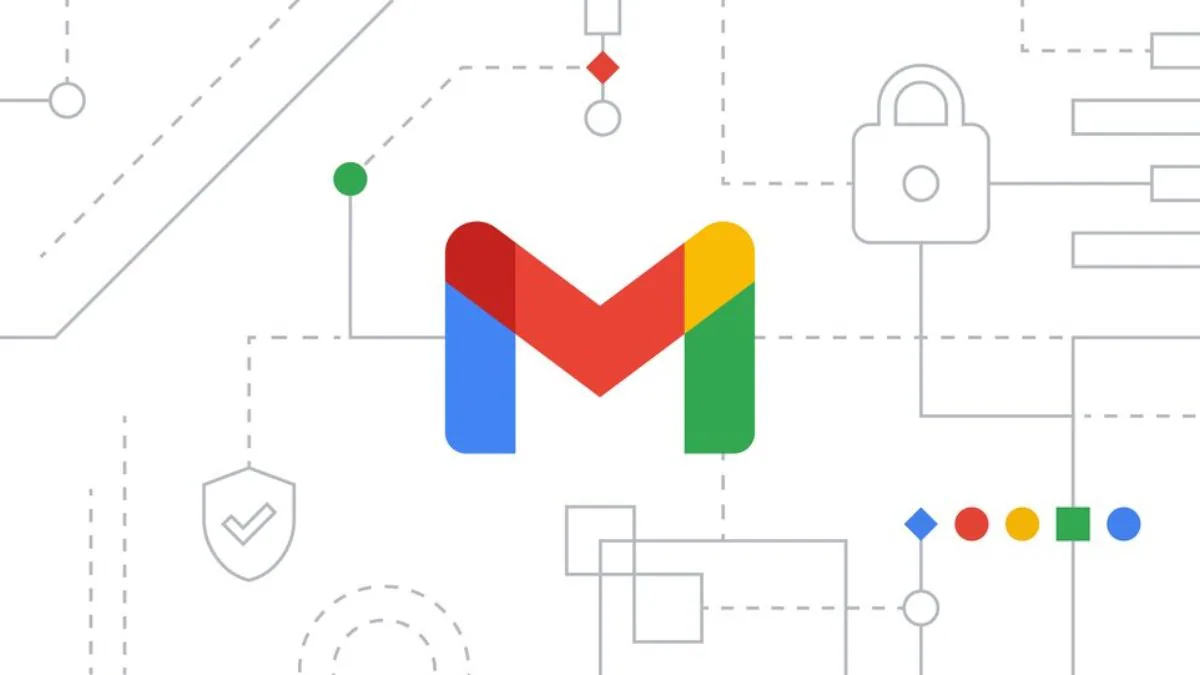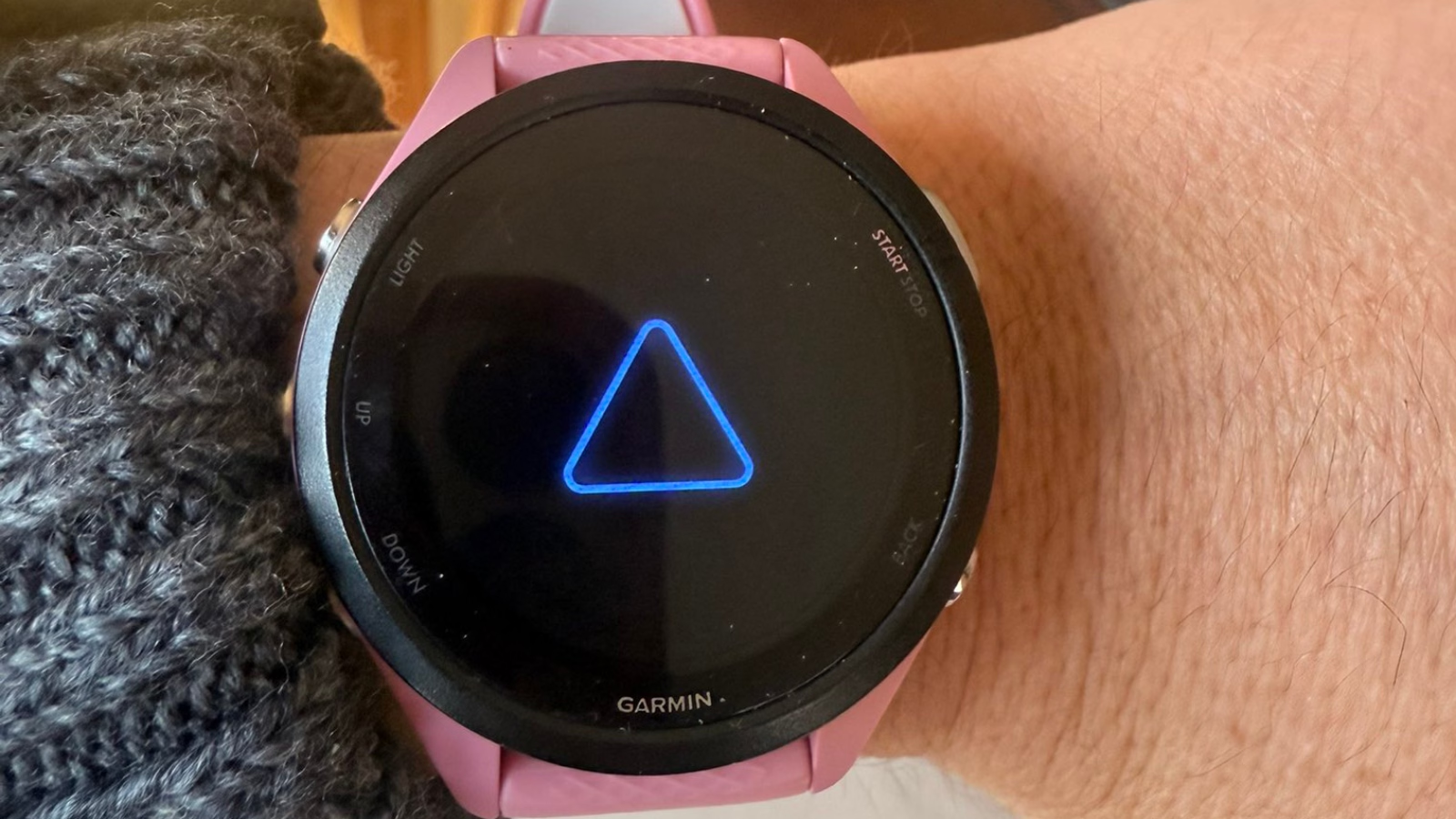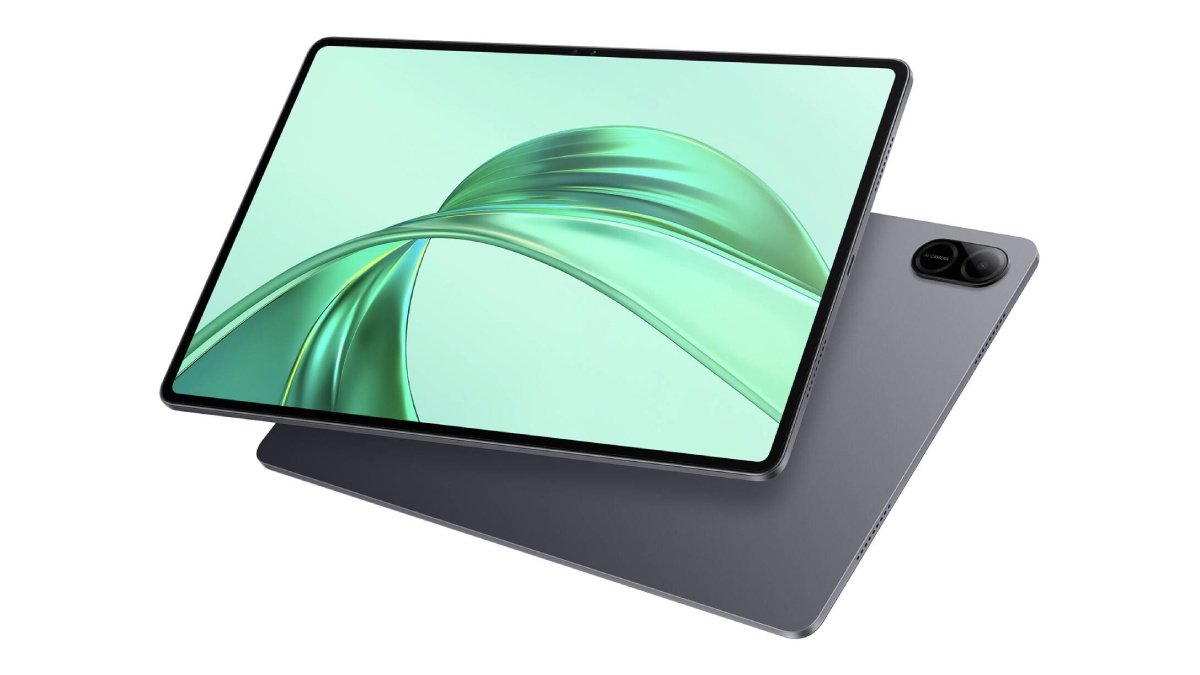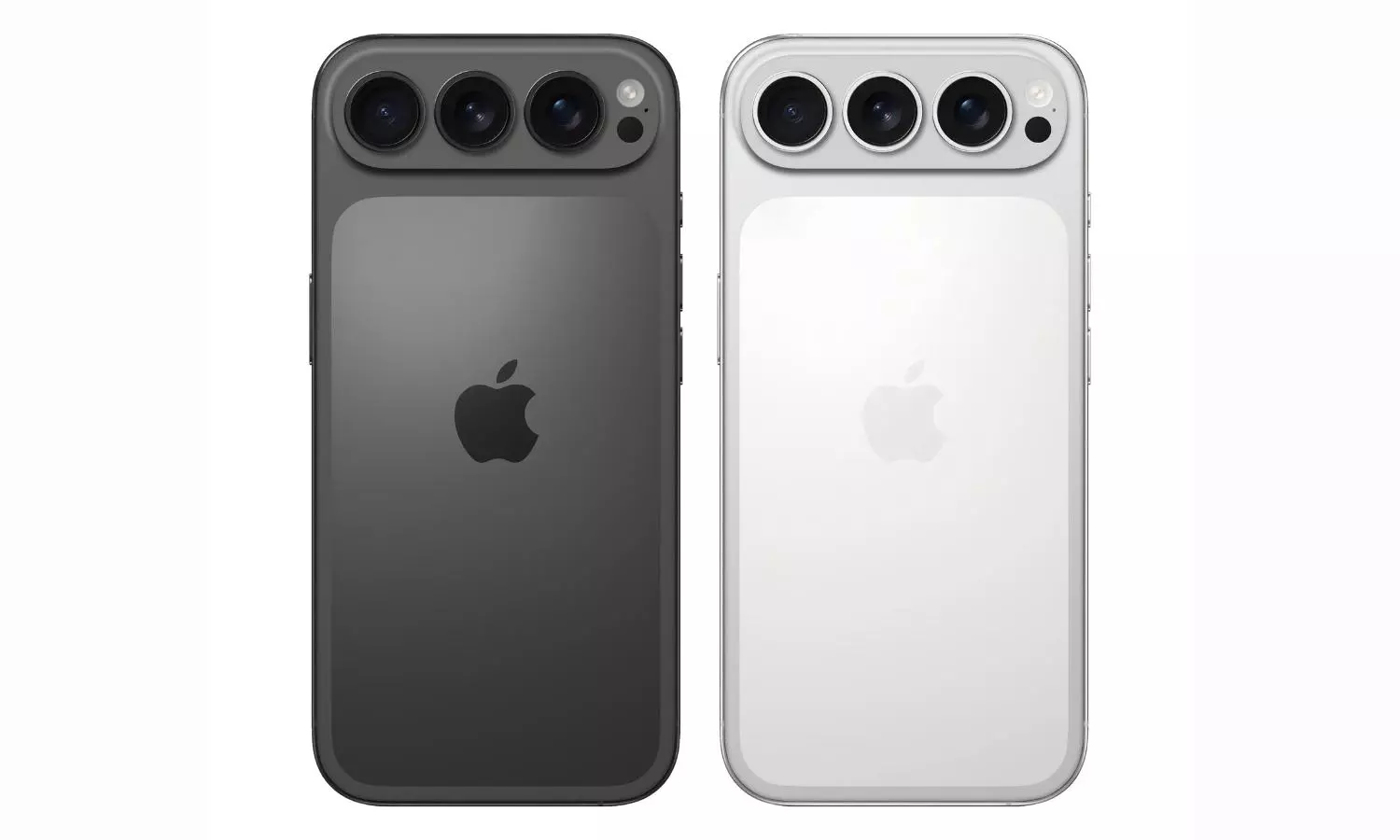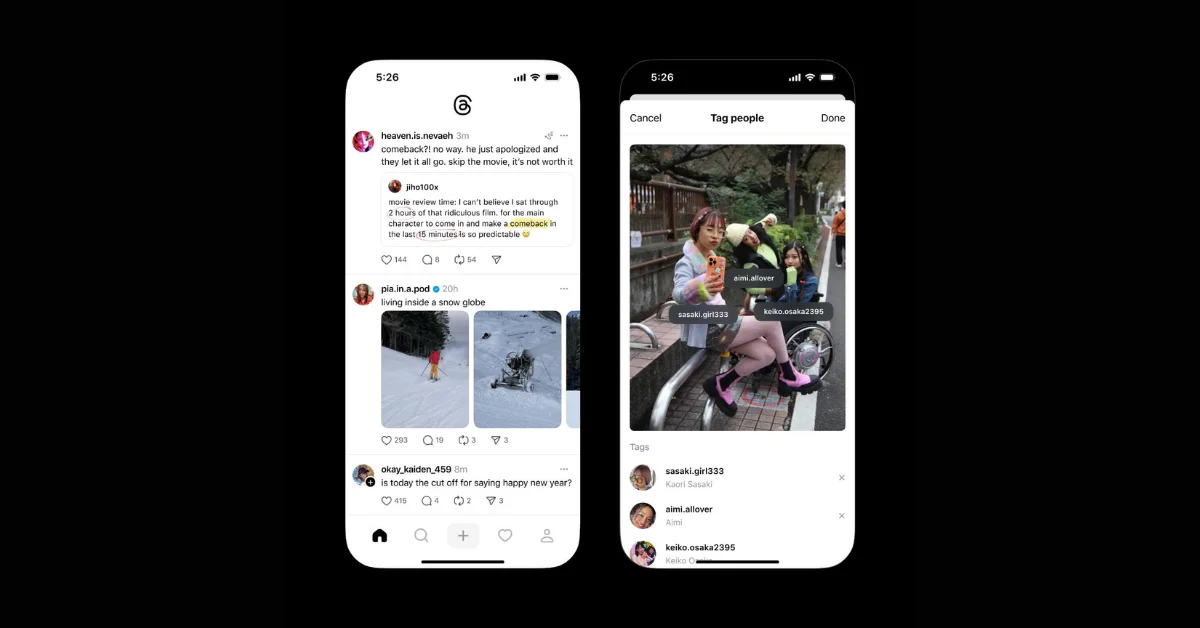In a groundbreaking development, Apple has announced plans to open its near-field communication (NFC) technology to third-party developers in the European Union, marking a significant shift in the mobile payment space. This move, fueled by the requirements of the Digital Markets Act, paves the way for alternative tap-to-pay options on Apple devices, challenging the dominance of Apple Pay.
Key Highlights:
- iOS 17.4 Update: The upcoming iOS 17.4 update will introduce this feature, allowing developers to integrate NFC technology in their banking and wallet apps.
- EU-Only Feature: This change is currently limited to the European Economic Area, complying with the region’s regulatory demands.
- User Choice: Consumers can now choose third-party contactless payment apps as their default, breaking Apple Pay’s exclusivity.
- Safety Concerns: Apple warns of potential risks to user security with this new flexibility but promises measures to mitigate them.
- Historical Context: The decision follows scrutiny from EU regulators and global criticism over Apple’s restrictive use of NFC technology.

Opening NFC: A New Era for Payment Apps
The Shift in Apple’s Strategy
For years, Apple maintained strict control over its NFC chip, limiting its use to Apple Pay. This exclusivity sparked debates and legal challenges around anticompetitive practices. The European Union’s Digital Markets Act, aiming to foster competition and innovation, has been a key driver behind this strategic pivot.
Implications for Developers and Consumers
This change heralds new opportunities for app developers and financial institutions, who can now offer their tap-to-pay solutions on iPhones. For consumers, it means greater freedom of choice and convenience, as they can use a variety of payment apps without being tethered to Apple Pay.
User Convenience vs. Security Concerns
Balancing Flexibility with Safety
While this move is a win for consumer choice and market competition, it raises questions about device security and data privacy. Apple has expressed concerns over potential risks and is taking steps to minimize them. Ensuring user safety while providing flexibility will be a delicate balance for the tech giant.
Looking Ahead: The Future of Mobile Payments
Beyond the European Union
While the NFC opening is currently limited to the EU, it sets a precedent that could influence Apple’s policies globally. As other regions watch closely, similar changes might be on the horizon, reshaping the global landscape of mobile payments.
The Competitive Landscape
This development intensifies competition in the mobile payment sector. Traditional financial institutions and fintech startups now have a more level playing field against Apple Pay, potentially leading to innovative payment solutions and better services for consumers.
Conclusion: A Milestone in Digital Payments
Apple’s decision to open NFC access to third-party developers in the EU is a landmark moment in the digital payment industry. It exemplifies the impact of regulatory frameworks on tech giants and the evolving dynamics of the mobile payment market. As the iOS 17.4 update rolls out, the full implications of this change for consumers, developers, and the industry at large will unfold.


